Time to toughen up on Iran: Israeli FM
 Israeli Foreign Minister Tzipi Livni said on Monday the international community needed to get tough on Iran or face the 'bully of the neighbourhood' having weaker states appeasing it to avoid Tehran's wrath.
Israeli Foreign Minister Tzipi Livni said on Monday the international community needed to get tough on Iran or face the 'bully of the neighbourhood' having weaker states appeasing it to avoid Tehran's wrath.
She said there was a common understanding that Iran posed a global threat so it was time to impose tough sanctions, saying the international community was sending the "wrong message" by quibbling over what to do about Tehran's refusal to freeze its uranium enrichment programme.
"A very strong decision by the United Nations Security Council is needed," Livni said at the International Institute for Strategic Studies (IISS) think tank in London, where she made a speech entitled "The Middle East After the War in Lebanon".
Calling for "an end to hesitation and excuses", she said the international community had to impose tough sanctions on Tehran "because it is crucial that the international community... be willing to defend its own values more than the price of oil".
"Our concern is that as a result to the Iranian threat, some other states in the region will try to achieve this nuclear capacity in the future," she said.
She also expressed concern that "if the international community is not strong enough", countries in the region "would try to appease Iran in order to gain the protection of the bully of the neighbourhood."
Livni also stressed that Israel had the same interests as moderates in the Middle East region, with the vision of a two-state solution to the Israeli-Palestinian conflict the "common denominator".
However, she said the notion that the conflict was the cause of extremism was "misleading".
"I know that this view is popular, especially in Europe, but the truth is that the conflicts in the Middle East are a consequence, not a cause of radicalism and terrorism."
"As long as extremists have the power to torpedo the chances for peace, we cannot achieve stability in the Middle East."
She said that the modern world faced conflicts over values rather than territory and that "unfortunately in our region, moderate leaders are weak leaders".
"Radical forces are empowered by rogue states that export extremism and weak states that incubate it or tolerate it," she told the IISS.
Turning to Syria, she said Damascus had hitherto played a "very negative role" in the region.
"The message right now should be that if they want to be part of the international community, they have to behave. They have to stop their support for terrorist organisations," she said.
Livni described her "frustration" at the "huge gap between Israel's image and what we really are".
"Israel is willing to be judged by the international community ... but we would like to be judged by the same values.
"I cannot live with this kind of comparison between terrorists who are looking for children to kill ... and Israeli soldiers who are looking for these terrorists in order to stop them."
Livni was in London for talks on Tuesday with British Prime Minister Tony Blair, fresh back from a trip to Pakistan and Afghanistan, and Foreign Secretary Margaret Beckett.

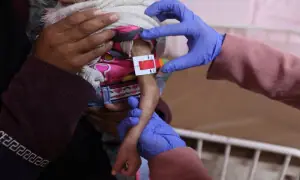
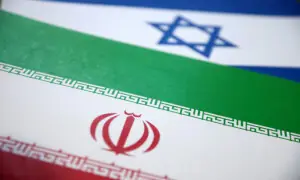
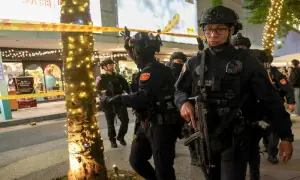
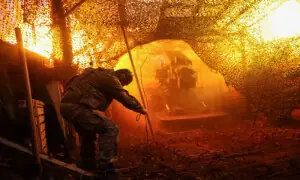
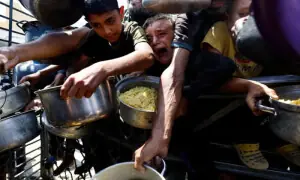
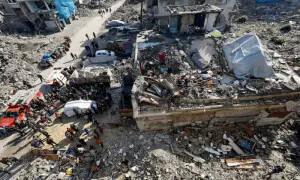

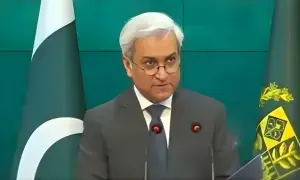
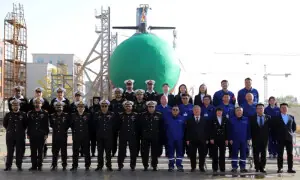
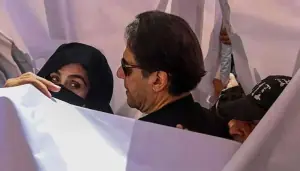
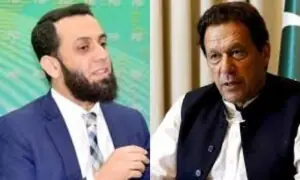
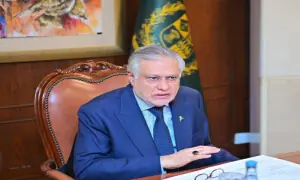
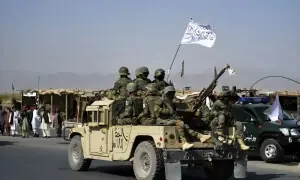
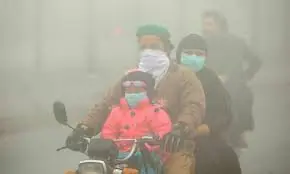
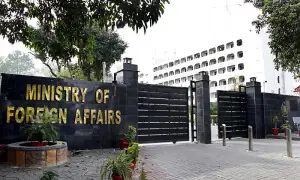

Comments are closed on this story.